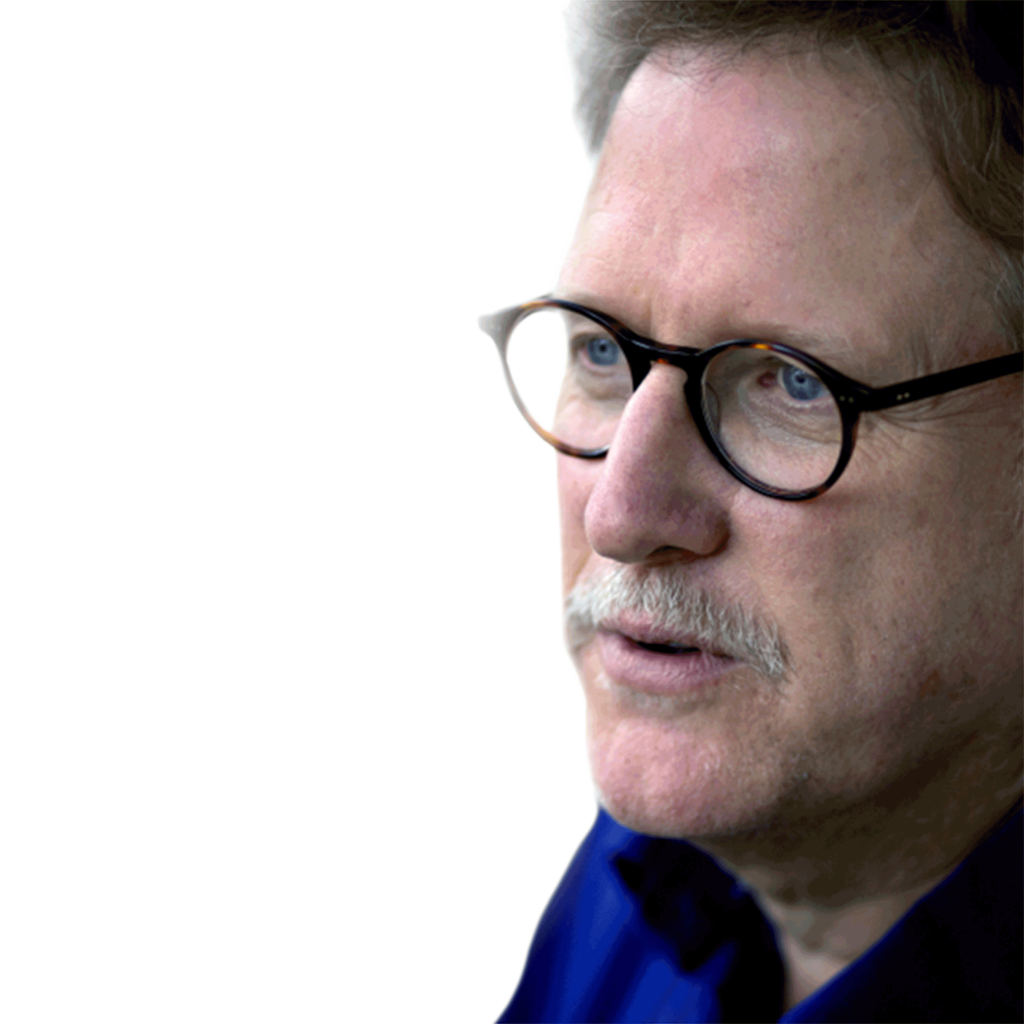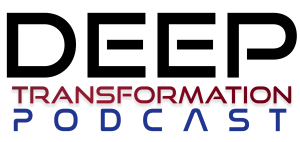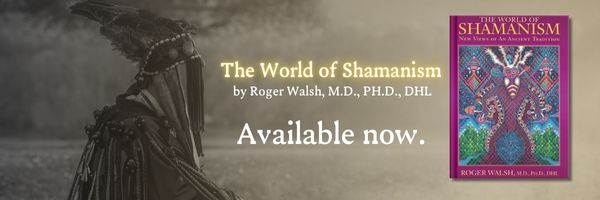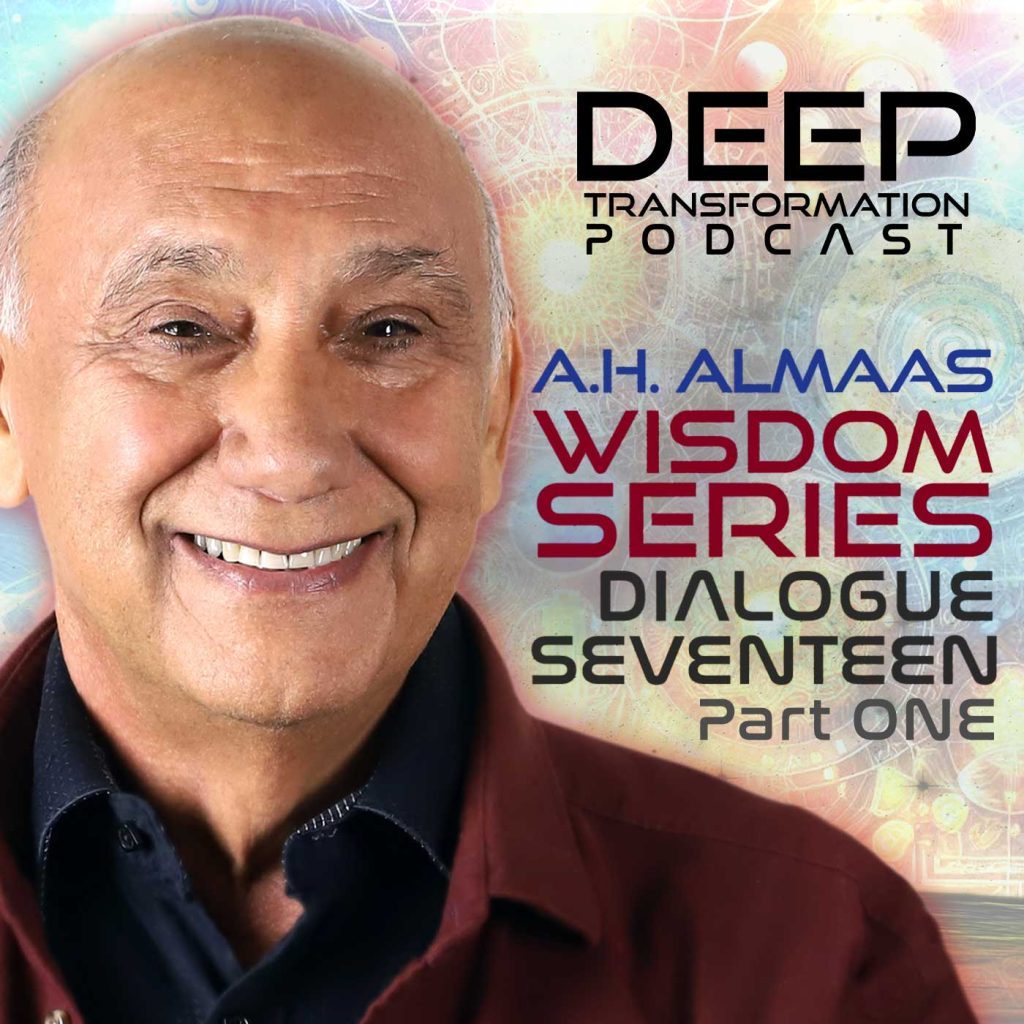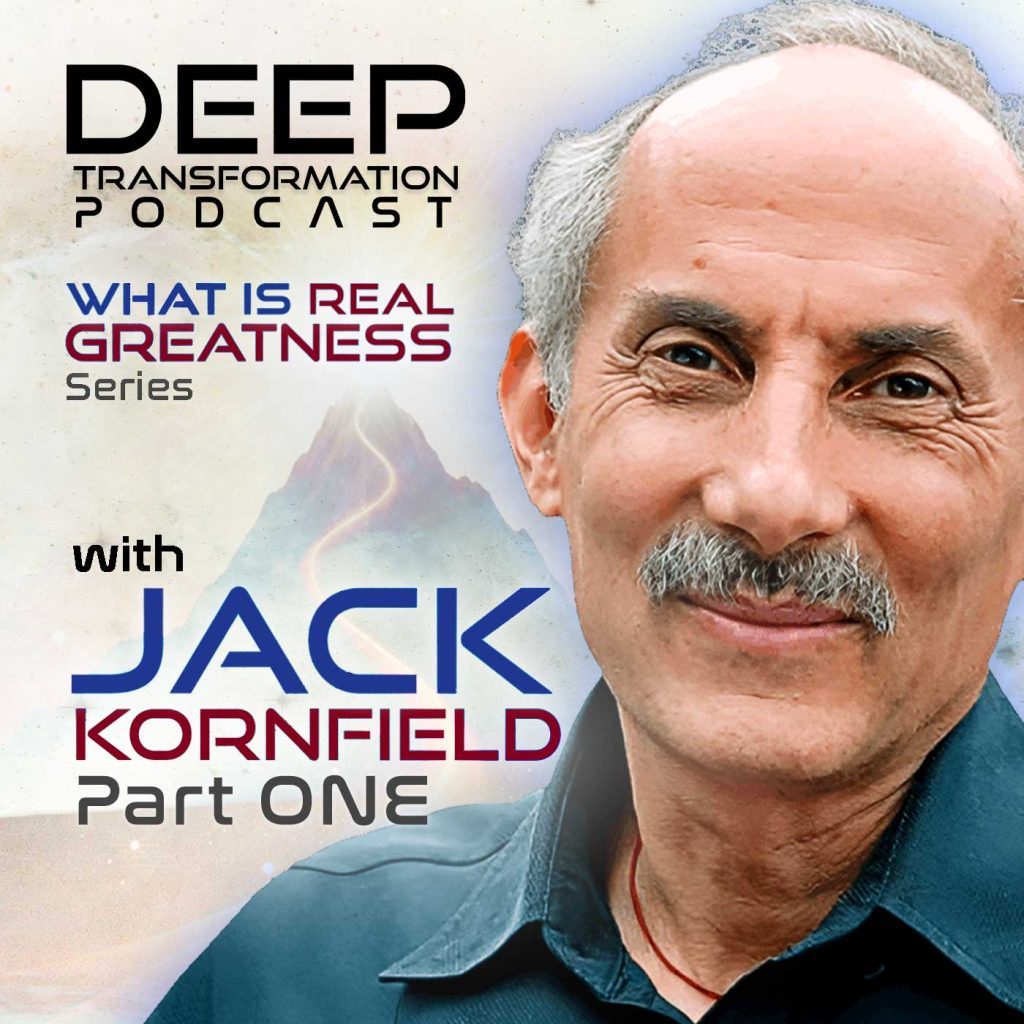
Deep Practice. Peak Experience.
Profound Understanding.
Powerful Contribution.
Deep Transformation dialogues with cutting-edge thinkers, contemplatives, and activists to explore the great questions of our time—and all time. Join us to explore how to live life to the fullest, to create and to contribute in a new era of unprecedented challenges and opportunities.
With Roger Walsh & John Dupuy
What our listeners say
I have learned, and continue to learn, so much from these podcasts! I have listened to some of their guests such as, A.H. Almaas, Sean Esbjorn, and Ron Interpreter. Their podcasts interweave so many “disciplines” and subjects from integrative spirituality, psychology, philosophy, ancient traditions, the cosmos, and others. I’m gaining a much wider and deeper appreciation for the inter-relatedness of these areas of knowledge and practices.
I have often wondered what the term, “non-duality” really meant. After listening to their interviews and discussion with Sean Esbjorn, I finally understand the richer, broader context of its meaning.
Thank you for asking your guests insightful questions! I look forward to listening to each new podcast.
~ Sharron (sent through https://deeptransformation.io/contact/)
⭐⭐⭐⭐⭐ Deep and intelligent
I love the thoughtfulness and depth this podcast offers. I am especially excited that you are doing some in-depth and ongoing interviews with AH Almaas! Roger and John are able to ask great questions that help reveal the incredible teachings Hameed has to offer. Thank you for enriching my life.
~ Bobchesters on Apple Podcasts (🇨🇦)
Thank you for bringing consistently thoughtful, provocative, and awakening guests to the show. The yin/yang dance (or mercurial/mars) of Roger and John's ways of processing information adds a beautiful layer of teachings to the programs.
~ Anonymous from buymeacoffee.com
⭐⭐⭐⭐⭐ Deeply thoughtful, insightful and provocative.
Have been listening for the past year or so. So any good episodes. Hosts are gracious and allow guests lots of room while still being engaged enough for a lively conversation. Topics are broad and deep - obviously centering around spiritual topics, personal and spiritual growth, etc - but also extending into relevant adjacent areas (like the amazing conversation with Daniel Schmactenberger on the meta crisis and much much more). Also loved all the interviews with A H Almaas, Cory DeVos and Beena Sharma, among others.
HIGHLY recommended.
~ patrickwal on Apple Podcasts (🇺🇸)
This video or any video from Andrew are just direct, clear magnificent and soooo beneficial, they are one of my favorite, thank you for promoting and explaining such a profound practices.
~ @user-yo3mp8ek1t (on YouTube)
⭐⭐⭐⭐⭐ Broad and Meaningful
What a wonderful podcast with interviews from a broad spectrum of people who have really plumbed the depths of human potential. The warmth and friendly nature of the hosts brings these topics down to earth. This is my new go to podcast to refresh and enliven my brain on the commute home. Thank you both so much!
~ Moniseur Qui on Apple Podcasts (🇺🇸)
Dear Roger and John, your decades of crystalizing lived Integral approaches shines so clearly! Your recent conversation with Brad Reynolds was such an elegant, pristine sweep of Wilber's work, delivered succinctly and comprehensively in a way that offers freshly available hand holds for deeper exploration of Wilber's extraordinary insights. I celebrate your big heartedness and the dignified commitment you both regularly demonstrate to honor the intricate beauties of varied perspectives, yet without avoiding or exaggerating the messy complexities of actual living. Big gratitude!
~ dragpa (sent through Facebook Messenger)
⭐⭐⭐⭐⭐ Worth It
Just finished the first episode. Excellent conversation that had good pace, light humor, deep thoughts, clear explanations and plenty of heart and humility. A really winning blend of all those qualities in a winning way. Very nourishing to not just hear a dry intellectual recitation of theory, but to have it expressed and lived in a full body manner during the delivery by all involved.
From the trailer, “Feeling over fed and undernourished? So are we. So we made this podcast.”
Mission accomplished. An excellent multi course home cooked meal worthy of our time. Dive in!
~ Studio Teacher Scott on Apple Podcasts (🇺🇸)
Above and beyond enjoying your coffee, I’d like you to be happy and well, free from affliction and at peace. I am experiencing an upswing now, that your fine podcast has contributed to. Since listening to it, I have gotten through a bit more than half of the Dhamapada. In addition, I am doing well with my endurance regimen, which has stabilized many symptoms of my spinal cord deficit for the time being. I bicycled to a nice spot by the Salt river in the Tonto National Forest to hear and learn birdsong melodies, which I’ll use for original classical guitar compositions and disseminating concepts of bird conservation/extinction and ecosystem services acquired from the Cornell University ornithology lab’s online program, while introducing the songs to general audiences who urgently need to be reached. I experienced the iridescence of twilight’s spectrum on my way back home.
~ Michael Weiss from buymeacoffee.com
Get notified when new podcast episodes are available.
By registering, I give my consent to Deep Transformation Podcast to send me emails containing information about new podcast episodes, products and services, and community news, in accordance to its Privacy Policy.
LATEST PODCAST EPISODES

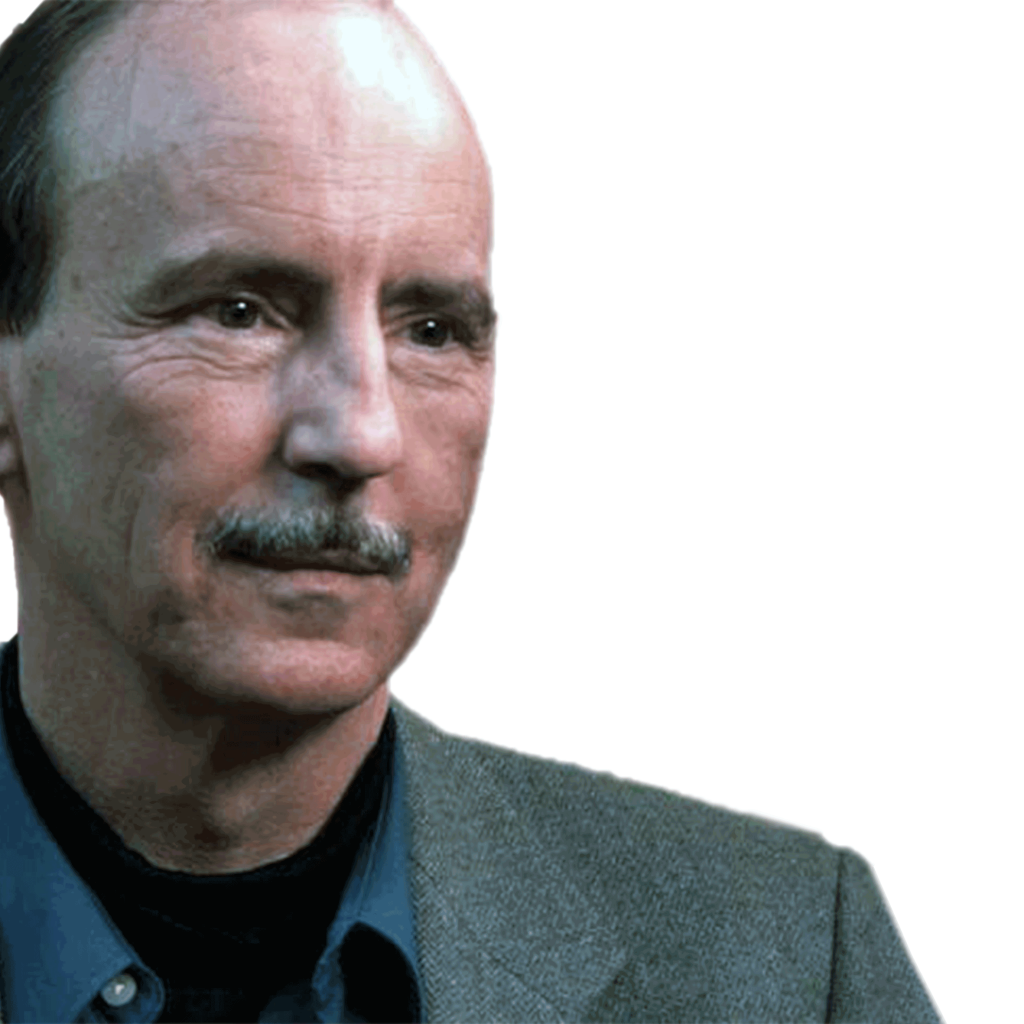
Roger Walsh, M.D., Ph.D. DHL
Roger’s day jobs include being a University of California professor (of psychiatry, philosophy, anthropology, and religious studies), as well as a writer and researcher whose work has received over 20 national and international awards. Roger is also a meditation student, teacher, and researcher, a Tibetan Buddhist lama, and was formerly a circus acrobat, a world record high diver, and a spectacularly unsuccessful standup comedian.

John Dupuy, M.A.
Professional wilderness guide, award-winning author, CEO of iAwake Technologies, pioneer applying Integral Theory to the field of addiction & recovery, dedicated tennis player...In his other lives, John has been a singer/songwriter, military police investigator, cowboy, and psychedelic guide. John is passionate about the grit, grind, glory, and grace of daily Integral practice.
